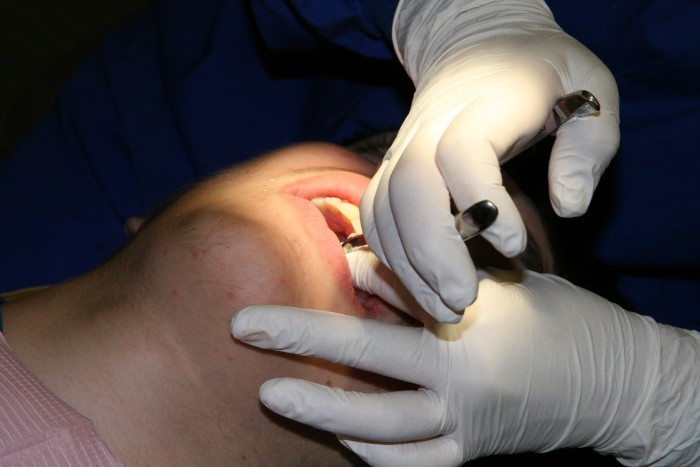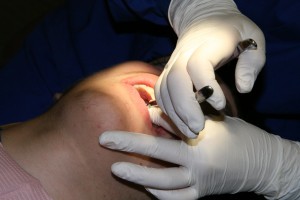
08 May The Connection Between Tooth Loss and Mental Decline
 In 2012, a study conducted by the Centers for Disease Control and Prevention (CDC) has estimated that half of the adult population in the United States suffers from periodontal (gum) disease, the most common cause of tooth loss among adults. Cases of gum disease range from mild to severe, however current research issued in the Journal of the American Geriatrics Society has shown that tooth loss appears to be related to the mental and physical decline in aging adults, and may even aid as an early marker of decline; particularly in individuals who are 60-74 year olds.
In 2012, a study conducted by the Centers for Disease Control and Prevention (CDC) has estimated that half of the adult population in the United States suffers from periodontal (gum) disease, the most common cause of tooth loss among adults. Cases of gum disease range from mild to severe, however current research issued in the Journal of the American Geriatrics Society has shown that tooth loss appears to be related to the mental and physical decline in aging adults, and may even aid as an early marker of decline; particularly in individuals who are 60-74 year olds.
Conclusions were gathered from a team at the University College London (UCL) in the UK, who received their data from the English Longitudinal Study of Aging (ELSA). Researchers were allowed to compare the test performance of the walking speed and memory of participants who had no teeth, with participants who had their natural teeth. This study included no more than 3,100 participants who are age 60 and older, and found that the link between 60 to 74 years old compared to individuals who are 75 and older. The investigation also revealed that the participants who had lost all of their natural teeth performed 10% worse in both walking and memory than their counterparts with natural teeth.
In a college news release by Georgios Tsakos, a professor of epidemiology at the University College London has noted that there are other socioeconomic factors, such as income and education level that might be the common links between poor mental and physical health and tooth loss. However, according to Tsakos, “regardless of what is behind the link between tooth loss and decline in function, recognizing excessive tooth loss presents an opportunity for early identification of adults at higher risk of faster mental and physical decline later in their life. There are many factors likely to influence this decline, such as lifestyle and psychosocial factors, which are amenable to change.”


